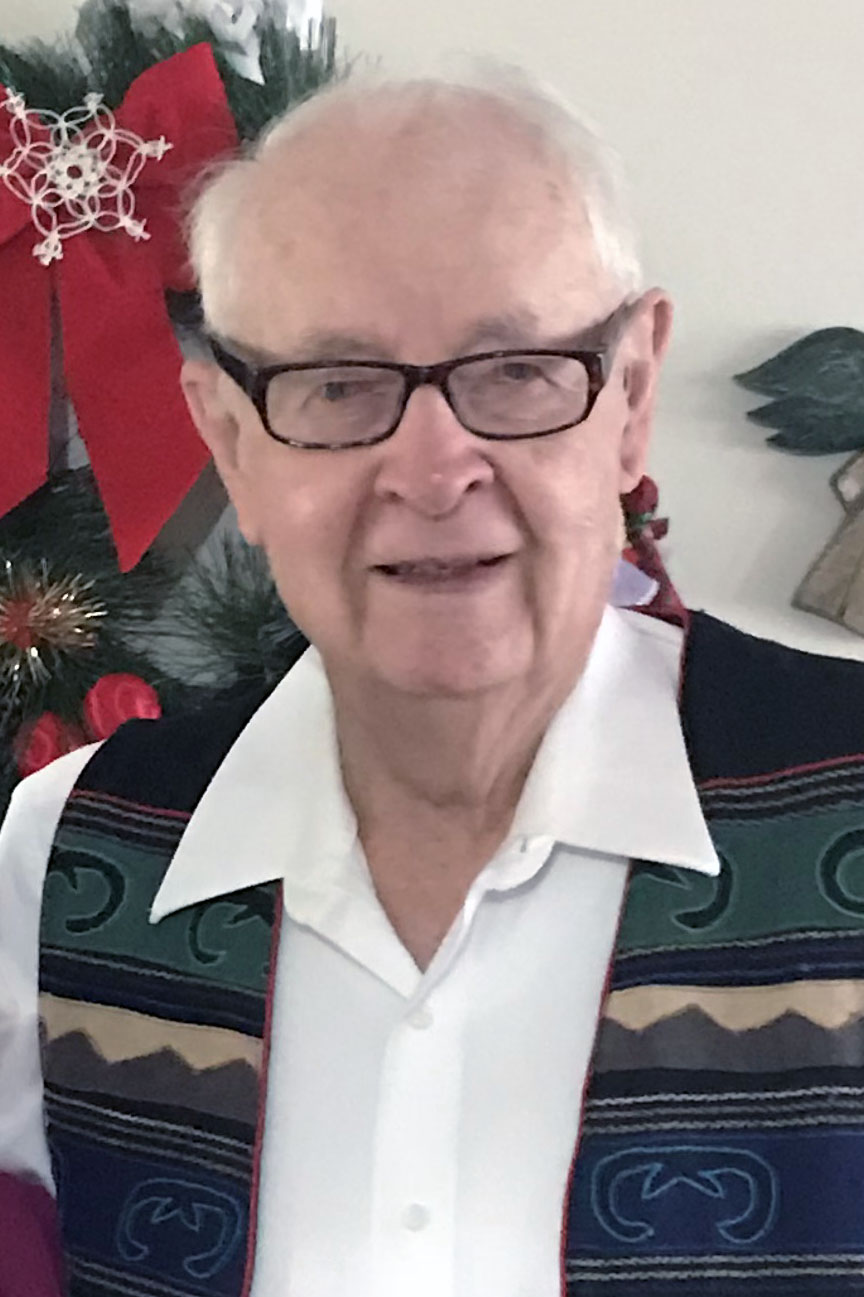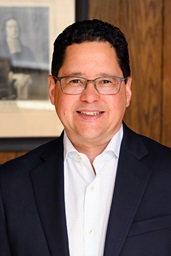Key points:
- The Rev. Mel West suggests adding the word “compassion” to the U.S. Pledge of Allegiance.
- Adding “compassion” to the pledge would implant a spirit, an attitude and an action into the hearts and minds of all who recite it.
- Many religions embrace the concept of the “Golden Rule,” which is essentially having compassion for others.

Photo courtesy of the Rev. Mel West.
Commentaries
I’d like to see us add one word to our beloved Pledge of Allegiance.
Let it say, “I pledge allegiance to the flag of the United States of America, and to the republic for which it stands, one nation, under God, indivisible, with liberty, justice and compassion for all.”
In all my 99 years of living I have never seen our country so completely splintered and so downright mean in its social discourse. The growth of social media has added tinder to a fire already burning.
The two major forces of politics and religion are both embedded in the problem. Families sometimes hesitate to hold a family gathering and some school boards have asked armed police to be present at their meetings for safety and security. My lifelong denomination, The United Methodist Church, is in worldwide disarray and confusion over LGBTQ issues.
I suggest that adding the word “compassion” to our flag pledge would implant a spirit, an attitude and an action into the hearts and minds of all who recite it. Millions of school children would recite the pledge each school morning, as I did 90 years ago. Teachers would begin to explain the new word and relate it to classroom and playground issues. Parents would become learners with their children. Service clubs and others would weekly ponder the word “compassion” and how it might relate to their daily lives.
It was my reading of the words of Archbishop Desmond Tutu, the Dalai Lama and writer Karen Armstrong that triggered my interest in this issue.
The Dalai Lama wrote, “Our basic human nature is compassionate. The problem is that children go to schools where they are not taught to nurture these deeper human values, so their basic human potential becomes dormant. When we relate to others from the place of compassion it goes to the first level, the human level, not the secondary level of difference. Then you can even have compassion on your enemy.”
Armstrong points out that “the Golden Rule” — “Do unto others as you would want them to do unto you” — is the common name given to compassion, but that all 10 of the world’s great religions have identical statements as a central part of their faith. Hinduism, for example says, “… do not to others which if done to thee would cause thee pain.” Sikhism says, “… as thou deemest thyself, so deem others. Then thou shalt become a partner in heaven.”
Subscribe to our
e-newsletter
And our founder, John Wesley, in his sermon, On Zeal, reminded Methodists of the necessity of showing compassion if they wished to experience compassion from God. “If you have not ‘compassion on your fellow-servants,’ neither will your Lord have pity on you,” he wrote.
Imagine a community, a nation, a world, where compassion in both creed and deed is
the norm of life. Let us officially place it in our flag pledge, and let us celebrate that on July 4, 2026, the day we celebrate our 250th anniversary as a country.
West is a retired United Methodist pastor in Columbia, Missouri. The founder of Mobility Worldwide, he has been honored for his commitment to humanitarian work.
News contact: Joey Butler or Tim Tanton at (615) 742-5470 or newsdesk@umcom.org. To read more United Methodist news, subscribe to the free Daily or Friday (weekly) Digests.



